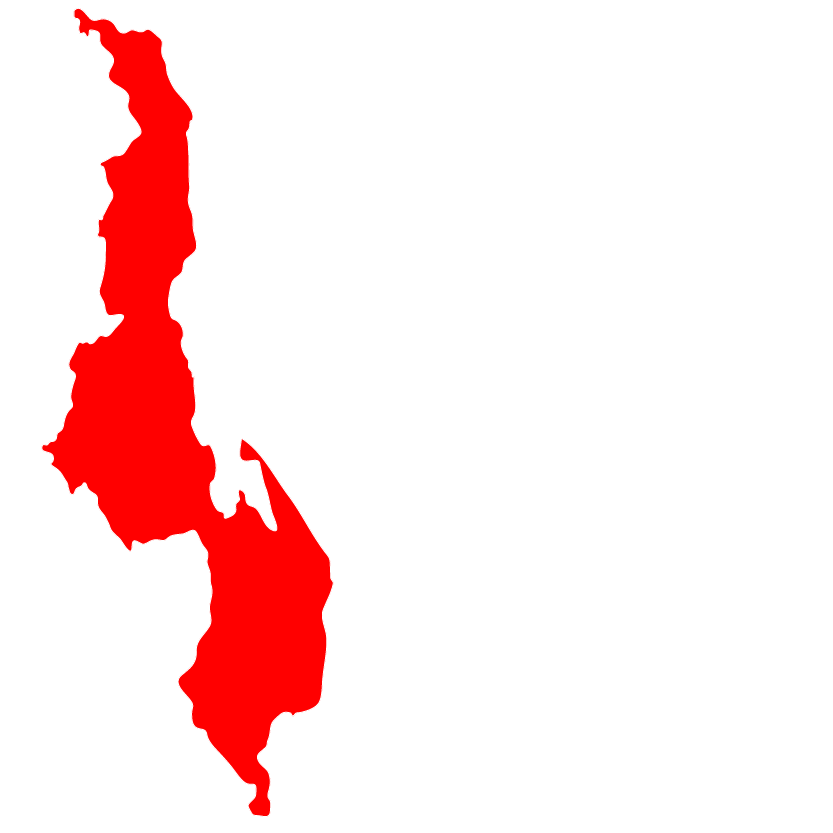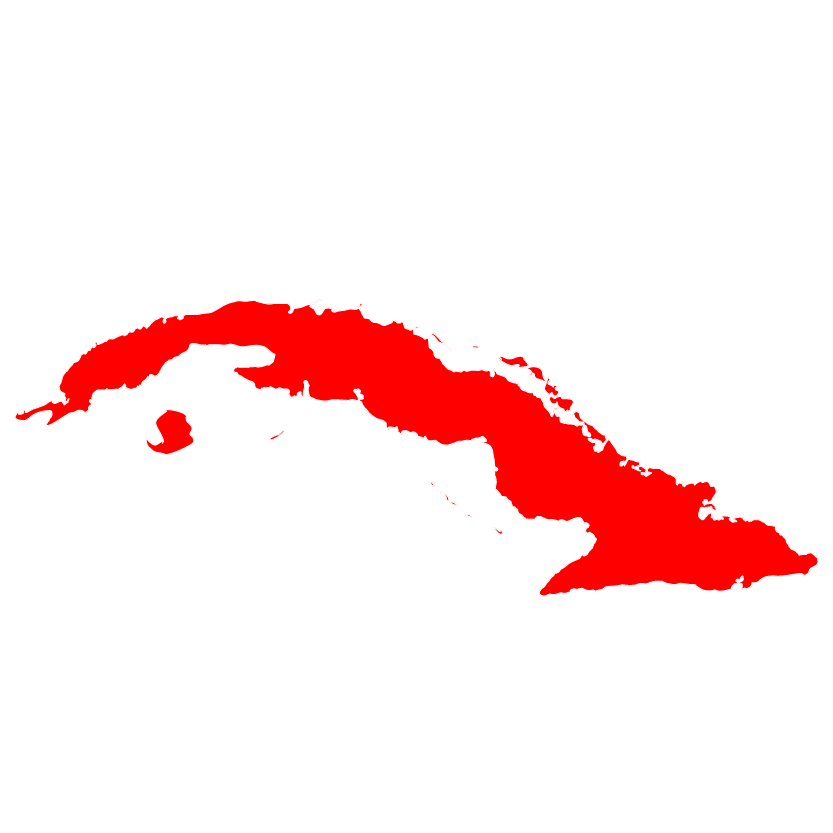Heavy rains have affected different regions in Bolivia. Overflowing rivers and floods have been reported in Alto Beni, Palos Blancos, Guanay, Rurrenabaque, Riberalta, Villa Montes, Cutaiqui, San Borja and San Buenaventura. According to the Ministry of Defense reports, 79 municipalities (of 338 in the country) are under a state of disaster and 25 are under a state of emergency as of April 8. A total of 47,125 families suffered partial loss of assets, 23,683 families have been left homeless, 34 people were reported dead and 26 people are missing. The Government has reported that the greatest number of victims are found in Potosí, La Paz, Chuquisaca, Beni, Santa Cruz and Cochabamba – more than 70,000 families affected between February and April. Major damages include loss of crops, housing and other assets. The rains that have been falling since the beginning of the year, influenced by the El Niño phenomenon, have caused different degrees of impact. On 2 and 3 of April, heavy rains affected areas between the departments of Chuquisaca and Santa Cruz, affecting 3,059 families in two municipalities in Monteagudo and Cami. The Bolivian Government declared a national emergency on 27 February, and on 10 April declared an emergency for the departments of Potosí, La Paz, Chuquisaca, Santa Cruz and Cochabamba.
The ACT Alliance Forum through its local member The Methodist Church in Bolivia is willing to provide emergency relief through a RRF in five Municipalities belonging to the Departments of Beni and Potosí. (Tupiza, Villazon, Colquencha, San Borga, Rurrenabaque).







